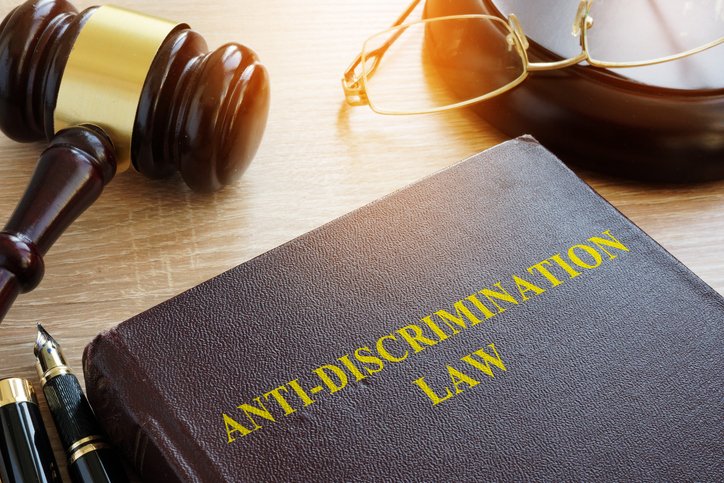Court Decisions and the Future of Employment Discrimination Law
Legal developments in labor and employment law often are under the radar, even for employers who must comply. (That, of course, is why having an employment attorney is essential.) Law.com columnist Michael Maslanka identified the following Fifth Circuit Court of Appeal cases as of note:
Mueck v. La Grange Acquisitions, 75 F. 4th 469 (5th Cir. 2023)
In an opinion interpreting the Americans with Disabilities Act (ADA), the Fifth Circuit considered the termination of an employee who struggled with alcoholism. He would drink once or twice during his workday, then drink excessively—to the point of passing out—outside of work. He was terminated, then filed an ADA lawsuit. The trial court denied ADA coverage, based on the short-term nature of the impairment. The Fifth Circuit upheld the ruling, but on different grounds, finding no evidence that the employee explained the limitations caused by his alcoholism to his employer. Somewhat buried in the opinion, the Fifth Circuit stated in dicta that “an impairment need not be permanent or long-term to qualify as a disability.” This could broaden the definition of disabilities under the ADA, which have historically been generally limited to long-term impairments.
Hebrew v. Texas Department of Criminal Justice, 80 F. 4th 717 (5th Cir. 2023)
In slightly more straightforward decision, the Fifth Circuit addressed the case of a member of the Hebrew Nation who was fired from his job as a prison guard for refusing to cut his hair and beard due to a religious vow to keep them long. Before termination, the employee filed a request for religious accommodation; it was denied two months later, citing safety concerns. The trial court ruled that accommodation would put an undue burden on the employer. The Fifth Circuit disagreed noting that the employer did not prove that the burden was unreasonable, nor did it consider possible accommodations that would allow the employee to keep his long hair and beard. The termination was ruled discrimination on the basis of religion.
Price v. Valvoline, (5th Cir. 2023)
In this case under appeal, a Black employee who had been fired claimed race discrimination after a plant manager told a supervisor that the company, Valvoline, “needed more diversity.” The employee asserted that the comment meant that the employer should reduce the number of Black employees. The Fifth Circuit disagreed and upheld a summary judgment for the employer. Valvoline’s progressive discipline policy was clear and well-documented, showing that the employee was terminated for violating the company’s attendance requirements—"a valid, non-discriminatory reason for termination.”
In his concurring opinion, Judge James C. Ho reflected on a growing concern that the use of the word “diversity” is morphing into a code word for unlawful discrimination. “It’s no defense that a diversity policy may be well-intended—and that it’s designed not to disfavor any particular group but to favor other groups,” he wrote. Judge Ho goes on to say that diversity goals can be appealing on the surface but this “won’t be the last time someone objects that diversity is being used as a license to discriminate.”
As Maslanka says, “It will take excellent lawyering and good sense to navigate through the eye of this particular needle.”
We couldn’t have said it better. But we know that all of employment law is often difficult to navigate; it is ever evolving. What is a trend this week may reverse course next week. Keeping up can overwhelm employers that are focused on business. Attorneys who specialize in employment law are essential to companies of every size. When you need information and assistance with laws affecting your business—guidance navigating through the eye of a needle—call us. We’re ready to help.

